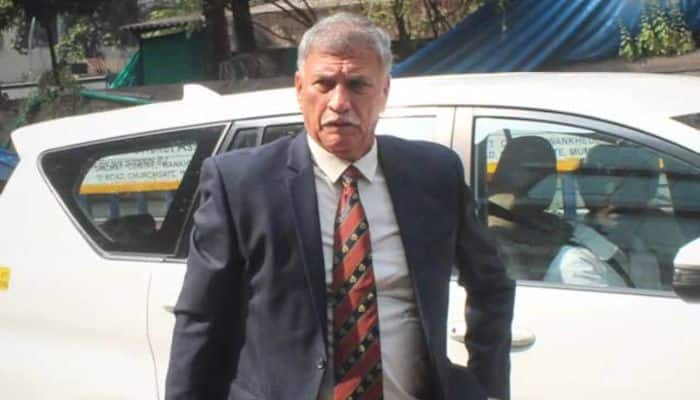In a twist that could reshape the leadership dynamics of Indian cricket, 1983 World Cup hero Roger Binny will continue as BCCI President at least until the board’s Annual General Meeting (AGM) in September 2025, following the passage of the National Sports Bill in Parliament on Tuesday. The development raises the possibility of the former India all-rounder securing a fresh term — provided the state unit members and influential powerbrokers within the BCCI rally behind him.
A New Age Limit That Extends Binny’s Tenure
Binny, who turned 70 last month, would have been ineligible to hold the top administrative post under the Supreme Court-approved BCCI constitution, which earlier capped the age limit for office bearers at 70. However, the National Sports Bill has now increased that ceiling to 75 years for officials of National Sports Federations — provided their global governing body, in this case the International Cricket Council (ICC), has no specific age restrictions.
This legislative change means Binny’s immediate exit is off the table. His presidency, which began in October 2022 when he replaced former captain Sourav Ganguly, will now extend at least until September. Whether he remains beyond that depends on political consensus within the BCCI.
“Roger will continue till the board meeting in September. Whether he will get a fresh term depends on what members and other powerful people associated with the BCCI decide,” a senior board source told PTI on condition of anonymity.
BCCI Under National Sports Bill — But RTI Still Out of Bounds
While the BCCI will now officially come under the ambit of the National Sports Bill, it remains outside the scope of the Right to Information (RTI) Act. The exemption stems from the board’s financial independence, as it does not receive government grants.
The board’s legal team has already begun dissecting the bill’s fine print to gauge its implications. According to insiders, the discussion will not be limited to leadership tenure but will also involve broader policy implications.
“The national sports bill has just been passed, so, we have some time to study it and engage in proper discussion before taking any decision,” the source added.
2028 Olympics & the Bigger Picture
One of the most significant talking points in these deliberations will be cricket’s inclusion in the 2028 Los Angeles Olympics. This historic milestone demands meticulous planning and coordination between administrators, players, and coaching staff.
“There are other points to discuss in the bill for sure, and all the stakeholders, including senior players and coaching staff, will be consulted, particularly because cricket will be played at the 2028 Olympics,” the official said.
With cricket’s Olympic return, the role of the BCCI President becomes even more critical — encompassing not just domestic and ICC matters, but also strategic positioning on the global sporting stage.
From World Cup Winner to Boardroom Leader
Roger Binny’s cricketing legacy remains a source of inspiration. As a key member of India’s 1983 World Cup-winning squad, his swing bowling heroics remain etched in cricketing folklore. Since taking charge in October 2022, he has overseen several key decisions, from domestic cricket reforms to India’s international scheduling.
His presidency has coincided with a transformative phase in Indian cricket, marked by expanding revenues, increasing global influence, and growing debates over player workload and tournament formats.
Decision Time in September
While the National Sports Bill has opened the door for Binny to continue until 75, the final decision on a fresh term will rest with BCCI’s state associations and influential stakeholders. The September AGM could thus become a pivotal moment — determining not just Binny’s future, but also signaling the direction Indian cricket administration will take in the lead-up to the 2028 Olympics.
If consensus emerges in his favour, Roger Binny could extend his innings as BCCI President, steering the world’s richest cricket board through an era of unprecedented opportunity and scrutiny.

